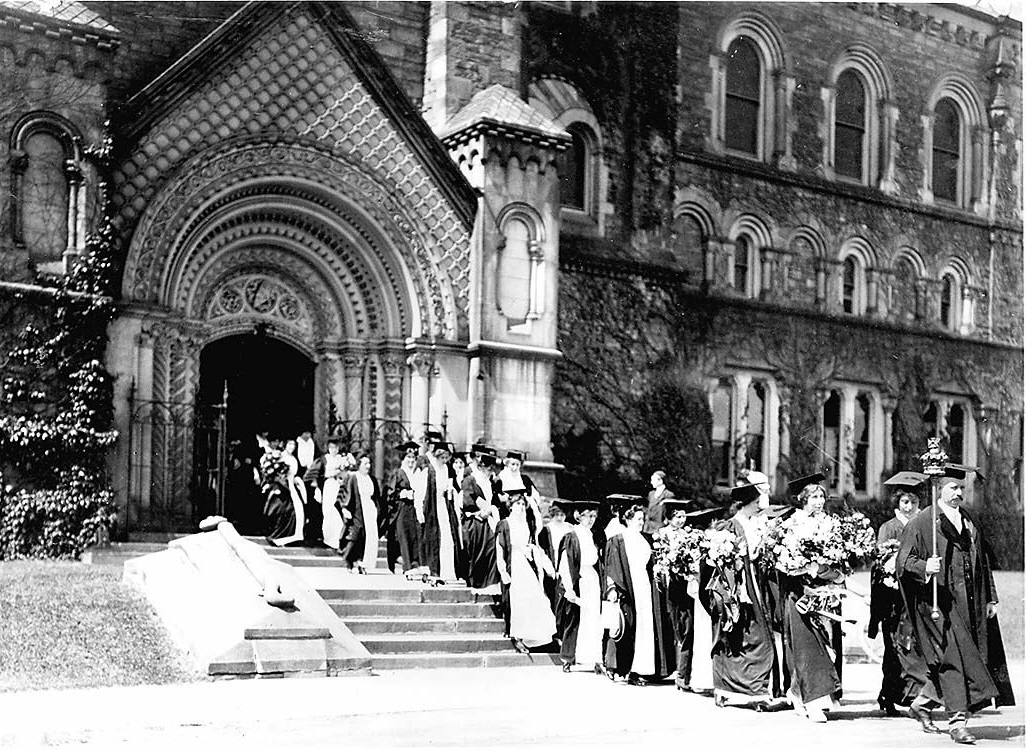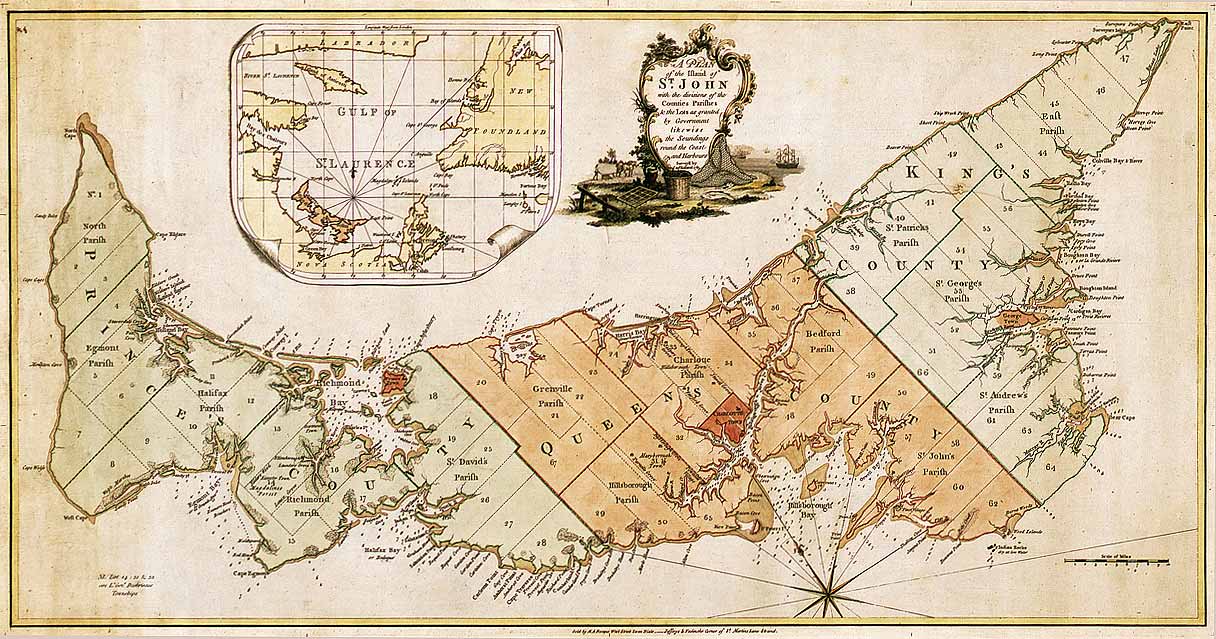This is a list of law schools and law faculties in Canada.
Canada is mostly a common law jurisdiction. However, the province of Quebec uses the civil law system for private law matters. As a result, Quebec's French-language law schools are exclusively civil law schools, and typically possess additional language requirements.
Legal education in Canada

Generally, entry into law programs in Canada is based primarily on a combination of the student's previous grades as well as, for English-language common-law programs, their score on the Law School Admission Test (LSAT). Factors such as specialized degrees, work experience, community involvement, personal character, extracurricular activities and references are sometimes taken into account, for which the Universities of Calgary, Windsor and McGill's holistic law school admissions are well known, but the LSAT remains far more determinative of admission than comparable standardized tests for other disciplines, such as the MCAT or GMAT. Quebec law schools, including the dual-curriculum, bilingual McGill University Faculty of Law, do not require applicants to write the LSAT, although any scores are generally taken into account; nor do the French-language common-law programs at the Université de Moncton École de droit and University of Ottawa Faculty of Law.
All of Canada's law schools are affiliated with public universities, and are thus public institutions. This practice has been held to have helped reduce disparities in the quality of students and instruction as between the schools. Since there is a limited number of positions in each law school's annual admissions, entry to all Canadian law schools is intensely competitive: most law schools receive far more applicants than they can accommodate. Most schools focus on their respective regions, and many graduates remain in the region in which the school is located, though the relatively uniform quality of the law schools affords greater geographic mobility to graduates.
After completing the Juris Doctor, LL.B., or B.C.L. , students must article for about a year (in Quebec, the six-month "stage" is the equivalent to "articling"); this can be a challenge for those with lower grades, as there are often a shortage of articling positions, and completion of articles is required to be able to practice law in Canada. Articling involves on-the-job training, at a lower introductory salary, under the supervision of a lawyer licensed by the Provincial Bar who has been practising for a minimum of 5 years. After ten to sixteen months of articling and call to the bar, attorneys are free to practice in their own right: many are hired by the same lawyer or firm for which they articled, while some choose to begin independent practices or accept positions with different employers. Others may leave the private practice of law to work in government or industry as a lawyer or in a law-related position.
Schools teaching civil law

Schools teaching common law

Schools offering dual law degrees or choice of legal system

- Osgoode Hall Law School
- Complete an additional year at Université de Montréal, Faculty of Law to earn a B.C.L. in civil law.
- University of Ottawa, Faculty of Law
- Complete 3 years through the Canadian Law Program (PDC Programme de droit canadien) to earn a common-law (J.D) and civil (LL.L) simultaneously. This is an elite single-stream program available to 20 exceptional candidates only. Or complete an additional year to complement either a common- (J.D.) or civil-law (LL.L.) degree with the other degree. Spend two years at each of the University of Ottawa and either Michigan State University College of Law or Washington College of Law to obtain Canadian common-law and U.S. law degrees (double J.D.).
- McGill University, Faculty of Law
- Complete 3, 3.5 or 4 years (at the student's option) to earn civil- (B.C.L.) and common-law (LL.B.) degrees through the mandatory Trans-Systemic Programme. (This single-stream program replaced the dual-stream National Program, which was similar to that still offered at the University of Ottawa.)
- Université de Montréal, Faculty of Law
- Complete an additional year at Osgoode Hall Law School to earn a J.D. in common law.
- Université de Sherbrooke, Faculty of Law
- Complete an additional year to earn a J.D. in common law and transnational law
- University of Windsor, Faculty of Law
- Complete three years to earn an Canadian common-law degree (J.D.) and, through the University of Detroit Mercy School of Law, a U.S. law degree (J.D.).
See also
- Lists of law schools - worldwide
- Akitsiraq Law School - Inuit Legal Education in Nunavut
External links
- Canadian Law Students Forum
- Canadian Lawyer magazine's 2005 ranking of Canadian Law Schools
References
- ^ "Programme de droit canadien". University of Ottawa. Dec 20, 2011.Â
- ^ "National Program at U of Ottawa". University of Ottawa. June 24, 2006.Â

Good info.This article it focus more on List Of Law Schools In Canada.It is really very interesting topic for me.Its must be informative and helpful for us.For a reference,this link it give more useful information that i needed in thesis writing essays online
ReplyDeletethe way to make essay or writing in proper and good quality for get more meaningful of knowledge in essay that provide from those who have experience in this area.
Thank you for awesome post sharing.